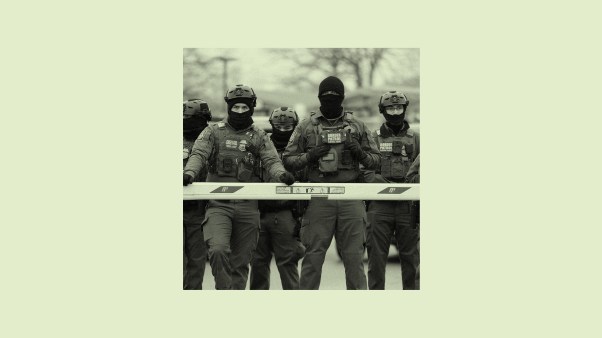George Herbert (1593-1633) was an orator at Cambridge and was on the threshold of a career in Parliament when King James’s death, followed by his own mother’s passing, apparently prompted him to enter the ministry. Despite some sympathy for the Puritans, he chose to remain in the Church of England. In 1629 he became a parson at Bemerton, near Salisbury. Like his contemporary and mentor, John Donne, he wrote a number of best-selling poems. But he was also a caring and intentional shepherd of the Bemerton flock.
Herbert wrote The Country Parson, his description of a godly minister, for personal reasons-he wanted “a mark to aim at.” He made every effort to live up to the image of the ideal parson that he had painted. It was published only after his death.
In it he explores the reasons for pastoral care. He would visit his parishioners not merely to be friendly but to minister. In this condensation, he explains his agenda.
The Country Parson takes occasion sometimes to visit in person, now one quarter of his parish, now another. For there he shall find his flock most naturally as they are, engaged in the midst of their affairs: whereas on Sundays it is easy for them to compose themselves in appropriate behavior, which they put on as their holy-day clothes, but commonly the next day they put off both.
When the parson comes to any house, first he blesses it, and then as he finds the persons of the house employed, so he forms his conversation. Those he finds busy in the works of their calling, he commends, for it is a good and just thing for them to tend to their own business. Then he encourages them in two things.
First, that they not dive too deep into worldly affairs, plunging themselves head and ears into anxious thoughts, but that they labor neither anxiously, nor distrustfully, nor profanely.
They labor anxiously when they overdo, to the loss of their quiet and health. They labor distrustfully when they doubt God’s providence, thinking that their own labor is the cause of their thriving, as if it were in their own hands to thrive or not to thrive. They labor profanely when they set themselves to work like brute beasts, never raising their thoughts to God nor sanctifying their labor with daily prayer.
Second, he advises them to labor for wealth and maintenance, but not to make that the end of their labor, but that they may have wherewithal to serve God the better, and to do good deeds.
If the parson were ashamed of specifying these things, he would not be fit to be a parson. But he holds the rule that nothing is little in God’s service: if it once have the honor of that Name, it grows great instantly. Therefore, he never disdains to enter the poorest cottage, though he must creep into it, and though it smell ever so loathsomely. For God is there, and those for whom God died.
– George Herbert
Copyright © 1989 by the author or Christianity Today/Leadership Journal. Click here for reprint information on Leadership Journal.









